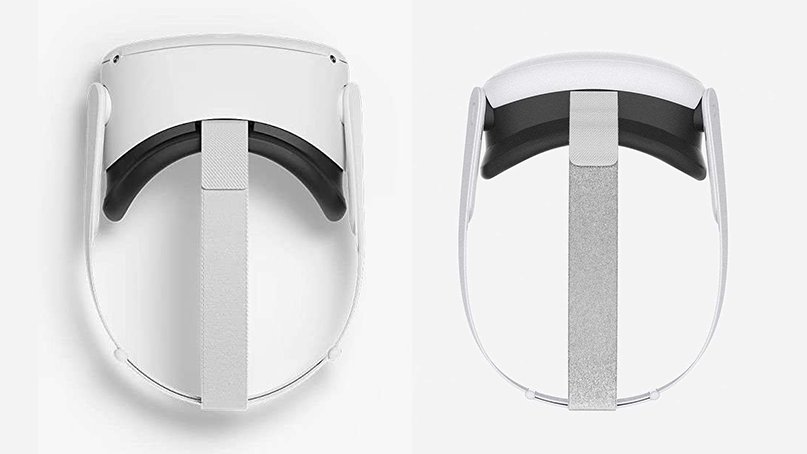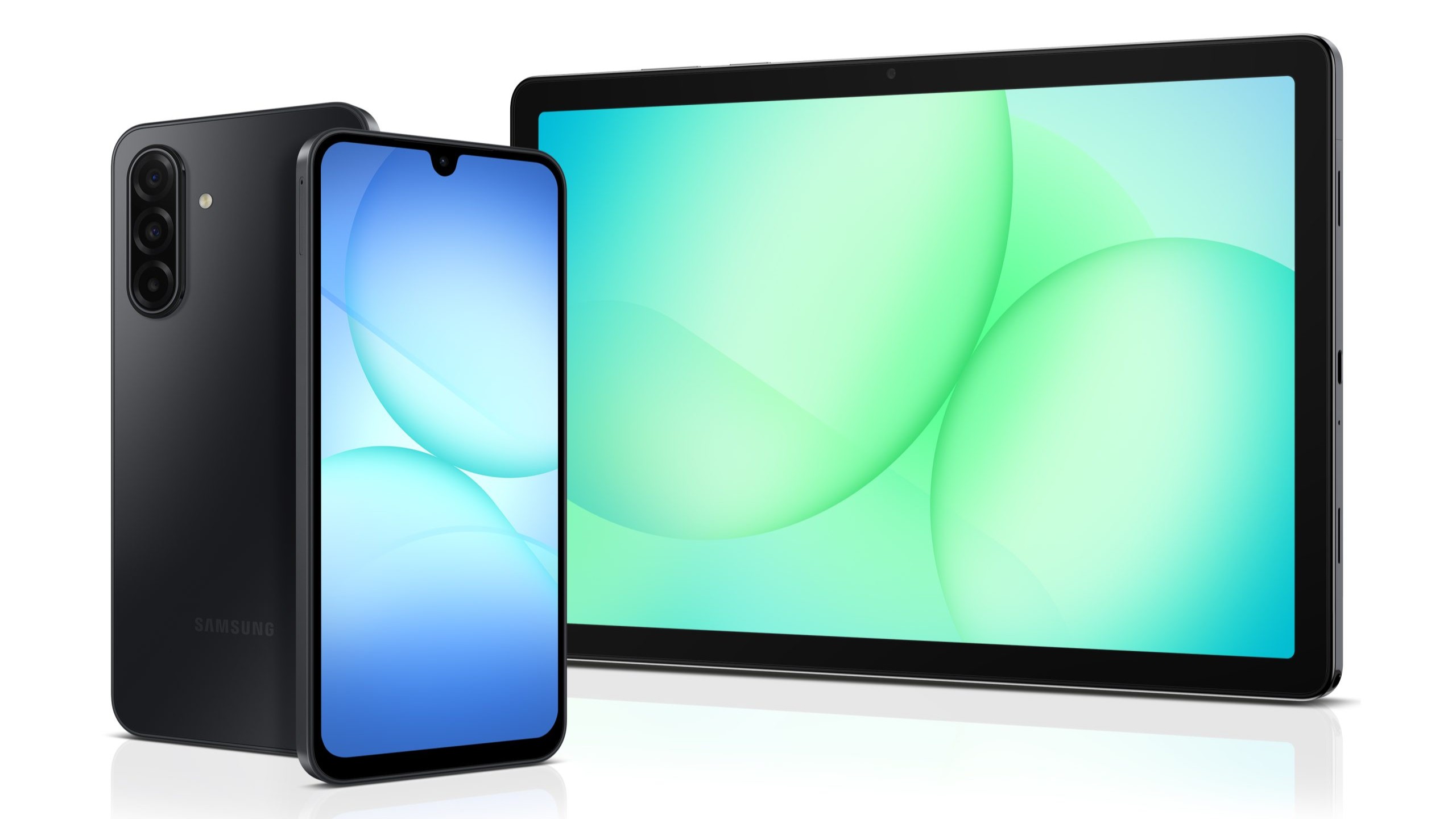Quest 3 will launch with 41 new apps and games, twice as thin as Quest 2
Meta is going all-in on VR with this upcoming headset.

As the year marches on (please enjoy the pun), we get closer and closer to the next-generation Quest headset from Meta which is expected to be released this Fall. On Tuesday, Meta's Mark Rabkin, the company’s vice president for VR, held a meeting with Reality Labs employees about the future of its AR and VR products.
The Verge was able to take a look at the presentation and it confirmed several Quest 3 rumors and leaks, as well as the lifetime sales figures of the Quest 2.
As we've seen several times before, the Quest 2 continues to outsell the Xbox. Rabkin says that the Quest 2 has sold over 20 million units to date, which is 2 million units more than Microsoft has sold Xbox Series X and Series S units combined.
The Quest 2 continues to outsell the Xbox but new users aren't as engaged as previous buyers.
While that's hugely positive and shows a consistent trend, Rabkin says that the engagement rate for users who bought the headset this past Holiday season has dropped when compared to users who bought the Quest 2 earlier in its lifetime.
This seems a bit strange given how many incredible Quest 2 games are available and how many have launched recently, but Rabkin says some of this can be attributed to the current design of the Quest app store and the overall software experience.
Many people have complained about this loudly since the Quest 2 launched and, while Meta has significantly improved many parts of the UI over the past two and a half years, Rabkin admits that Meta needs "to be better at growth and retention and resurrection."
Given that the social aspect is a huge part of what makes VR special and different from gaming on a flat screen, he (thankfully) admits that Meta needs "to be better at social and actually make those things more reliable, more intuitive so people can count on it."
Get the latest news from Android Central, your trusted companion in the world of Android
Meta is working on a total Quest store redesign and big UX/UI improvements after the departure of John Carmack.
Right now, the Quest UX is marred with unintuitive menus and dated laser pointer-like interfaces that feel strange when compared to the more natural interaction players are used to in games. The v50 firmware update is launching a new touch-friendly UX where players can use their hands (or controllers) to literally touch menus and interact with 2D apps like they would on a smartphone.
Soon, Rabkin says that players will be able to more easily share VR content with other platforms and make it as simple as sharing videos or photos on a smartphone.
Rabkin also says Meta is working on a total redesign of the Quest store to make it more "dynamic," including the ability for developers to promote their apps and games in better ways. Right now, the Quest store tends to be overwhelming to many new users, which is one of the many reasons we regularly update our list of best Quest 2 games to help people find great content for their headsets.
This is all very good news and marks the first time someone other than John Carmack at Meta has criticized its UX. Carmack left Meta in December for a number of reasons, which included the general inefficiency of the current company structure of Meta and the company's inability to make simple changes in a timely manner.
Hopefully, this is the ship turning around.
Quest 3 is shaping up to be cutting-edge

We already know a lot about the Quest 3 thanks to a number of leaks over the past few months and Rabkin's presentation confirmed at least a few of the leaks. First up is that the Quest 3 is looking to be roughly twice as thin as the Quest 2.
That makes sense since the headset is supposed to use Pancake lenses just like the Meta Quest Pro does. The Quest 2 uses Fresnel lenses, which are the same kind that the PSVR 2 uses. Those older style lenses are bigger and heavier than Pancake lenses.
Rabkin also confirms that the Quest 3 will be "at least twice as powerful" as the Quest 2, making it more cutting-edge in terms of performance than the Quest Pro which used a variation of the chip found in the Quest 2.
Quest 3 will be twice as powerful, twice as thin as Quest 2.
The Quest 3's Snapdragon XR2 Gen 2 chipset is said to be based on the Snapdragon 8 Gen 2 found in this year's smartphones which, according to our tests and real-world performance measurements, is the best chip Qualcomm has made in years. It's also far more battery efficient than anything Qualcomm has made recently which bodes well for standalone VR.
The caveat here is that Rabkin says the headset will cost "a bit more than the Quest 2's $400" price tag. While that's a bummer, especially since the Quest 2 is already $100 more than when it launched, it almost assuredly means the headset will launch at around $450 and still be $100 cheaper than the PSVR 2.
Rabkin says the cutting-edge tech in Quest 3 should "get enthusiasts fired up about it," likely meaning that Meta will position this as the headset of choice for hardcore gamers who are looking for the best visual experience.
The Quest 3 will cost "a bit more" than the Quest 2 but have next-generation specs.
Rabkin says the company is aiming to put mixed reality at the core of the experience. He says the team at Meta is working to make mixed reality "feel better, easier, more natural" from the moment you put the headset on. The design is to be able to effortlessly walk around the house without worrying about seeing "perfectly well."
Right now, the Quest 2's passthrough vision, as it's called, is only black and white. Quest Pro raised this to color passthrough but it's extremely difficult to read anything bright — like a screen — which makes mixed reality experiences less than optimal. Rabkin says Quest 3 will allow users to "put anchors and things on your desktop. You can take your coffee. You can stay in there much longer.”
All of this can be wrapped up in what Meta is calling the "Smart Guardian," an upgrade on the current guardian system that will hopefully allow automatic scanning of a room like the PSVR 2 does.
To further showcase this huge show of software support, Meta says that 41 new apps and games will launch alongside Quest 3, with many likely coming from Oculus Studios. Meta just made Population: One free-to-play and will likely continue to make these kinds of big moves as we approach the Quest 3's release later this year.

